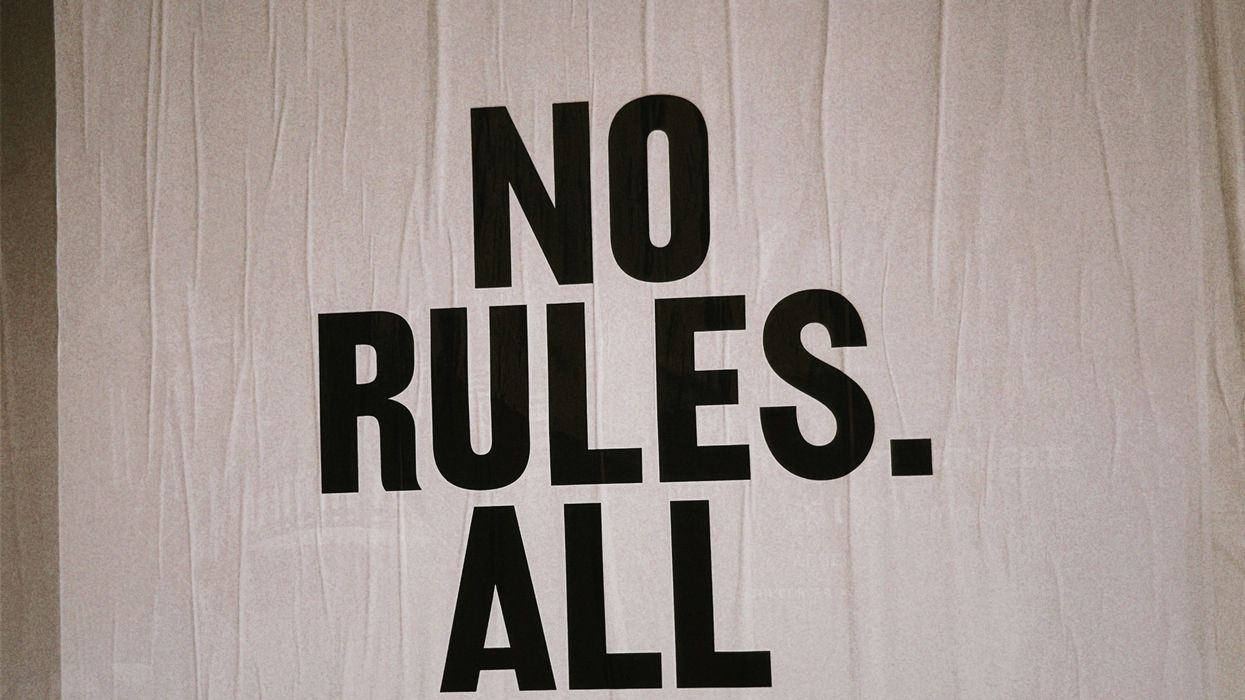In the dimly lit ambiance of New York City's historic movie theaters, the scent of buttered popcorn has long been the olfactory hallmark. However, as cannabis legalization sweeps across the state, a provocative question emerges: Could the future of cinema include the aroma of cannabis alongside the traditional concessions?
The Current Landscape of Cannabis Consumption Lounges
New York State’s Clean Indoor Air Act (CIAA) casts a long shadow over this budding idea. Enacted to safeguard public health, the CIAA prohibits smoking and vaping in most indoor workplaces, encompassing bars, restaurants, and, notably, movie theaters. The act defines smoking expansively, including the burning of tobacco, cannabis, or cannabinoid-hemp products. Violations can result in fines up to $2,000 for each infraction, underscoring the state’s commitment to maintaining smoke-free public spaces.
Cannabis consumption lounges are emerging as popular social spaces where individuals can legally consume cannabis products. These cannabis consumption areas are subject to strict regulations, including prohibitions on tobacco and alcohol use within these zones. Cannabis consumption areas require specific licensing and endorsements from local municipalities to operate legally.
A cannabis consumption lounge must navigate a complex regulatory landscape, presenting both challenges and business opportunities. Cannabis dispensaries often need to comply with operational guidelines and legal frameworks to incorporate on-site consumption lounges. Cannabis lounges are gaining traction as states develop legal frameworks to support these social spaces. The Jersey Cannabis Regulatory Commission plays a pivotal role in shaping the state's cannabis industry, ensuring compliance and promoting growth. As more states embrace legalized cannabis, the development of cannabis consumption lounges continues to expand.
Legalized social cannabis consumption is regulated differently across states, with some allowing designated public spaces for social use. The intersection of medical cannabis and on-site consumption laws further complicates the regulatory environment. The Original Cannabis Café, the nation's first social cannabis lounge, set a precedent for similar establishments. Guidelines often allow patrons to bring their own cannabis for consumption in these lounges. Regulations typically prohibit cannabis dispensaries from selling food on-site, though independent food trucks may operate nearby.
The Rise of Cannabis Consumption Lounges
Cannabis consumption lounges have been gaining popularity in recent years, providing a safe and social space for individuals to consume cannabis. These establishments offer a unique experience, allowing patrons to purchase and consume cannabis products on-site. The rise of cannabis consumption lounges can be attributed to the growing demand for social cannabis consumption and the need for safe and regulated spaces.
In states where cannabis is legalized, consumption lounges have become a popular destination for both locals and tourists. These lounges provide a welcoming environment, often with comfortable seating, entertainment, and knowledgeable staff to guide patrons through the various cannabis products available. The social aspect of cannabis consumption lounges has also contributed to their popularity, allowing individuals to connect with others who share similar interests.
As the cannabis industry continues to evolve, it is likely that cannabis consumption lounges will play a significant role in shaping the future of social cannabis consumption. With the increasing demand for safe and regulated spaces, it is essential for businesses to prioritize the needs of their patrons and provide a welcoming environment for all.
Navigating New York’s Cannabis Laws
New York has been at the forefront of cannabis legalization, with the state passing the Marijuana Regulation and Taxation Act (MRTA) in 2021. The MRTA allows for the recreational use of cannabis, as well as the establishment of cannabis dispensaries and consumption lounges. However, navigating New York’s cannabis laws can be complex, and it is essential for businesses and individuals to understand the regulations.
One of the key aspects of New York’s cannabis laws is the requirement for cannabis businesses to obtain a license from the Office of Cannabis Management (OCM). The OCM is responsible for regulating the cannabis industry in New York, and businesses must meet specific requirements to obtain a license. Additionally, cannabis businesses must comply with local regulations, which can vary depending on the municipality.
Cannabis consumption lounges in New York must also comply with specific regulations, including the requirement for a consumption area endorsement. This endorsement allows businesses to permit on-site cannabis consumption, but it is subject to specific requirements, such as the provision of a separate area for consumption and the implementation of a ventilation system.
A Glimpse Beyond the Curtain of Legalized Social Cannabis Consumption
Despite these stringent regulations, the concept of on-site cannabis consumption isn't entirely foreign. The Marijuana Regulation and Taxation Act (MRTA) of 2021 legalized marijuana in New York and introduced the possibility of licensing "consumption sites," akin to cigar bars, where patrons can legally consume cannabis. However, as of March 2025, the Office of Cannabis Management (OCM) has yet to establish the regulatory framework for such venues, leaving entrepreneurs in a state of limbo.
Arish Halani, CEO of Herbwell Cannabis, exemplifies this frustration. His vision of a sleek cannabis lounge atop his Midtown Manhattan dispensary remains unrealized due to regulatory delays. "We'd love to be the first lounge to open," Halani laments, highlighting the missed economic opportunities and the stifled innovation within the state's burgeoning cannabis industry.

Edibles and Beverages: A Middle Ground for Cannabis Products?
While the prospect of smoking cannabis in theaters faces significant legal hurdles, alternative consumption methods like edibles and cannabis-infused beverages present a potential compromise. Cannabis cafes, as legal on-site consumption locations, offer a model where individuals can gather to socialize and enjoy cannabis products in a regulated environment. Many theaters already serve alcohol, normalizing the consumption of intoxicants in cinematic settings. Introducing cannabis-infused snacks and drinks could align with this precedent, offering patrons a diverse array of options without violating smoke-free regulations.
However, this approach isn’t without its complexities. The delayed implementation of regulations for on-site consumption sites means that even non-smoking forms of cannabis consumption in public venues remain in a gray area. The OCM’s slow pace in drafting necessary rules has left many business owners, including those in the theater industry, awaiting clarity on how to proceed legally and responsibly.
Ensuring Safe and Responsible Consumption
Ensuring safe and responsible consumption is a top priority for cannabis consumption lounges. These establishments must implement measures to prevent overconsumption and ensure that patrons are aware of the potential risks associated with cannabis use. One way to achieve this is through the provision of educational materials and resources, such as information on cannabis potency and the potential effects of cannabis use.
Cannabis consumption lounges must also implement measures to prevent the sale of cannabis to minors and ensure that patrons are aware of the age restrictions. Additionally, businesses must comply with regulations regarding the storage and disposal of cannabis products, as well as the implementation of security measures to prevent theft and diversion.
Furthermore, cannabis consumption lounges must prioritize the health and well-being of their patrons. This can be achieved through the provision of a safe and welcoming environment, as well as the implementation of measures to prevent overconsumption. By prioritizing safe and responsible consumption, cannabis consumption lounges can help to promote a positive and healthy cannabis culture.
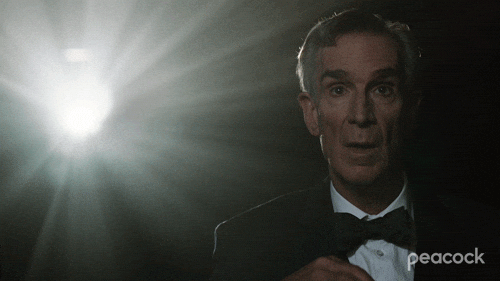
The Impact on Local Communities
The impact of cannabis consumption lounges on local communities can be significant, both positively and negatively. On the one hand, these establishments can provide a safe and social space for individuals to consume cannabis, which can help to promote a positive and healthy cannabis culture. Additionally, cannabis consumption lounges can contribute to the local economy, creating jobs and generating revenue.
However, cannabis consumption lounges can also have negative impacts on local communities, such as increased traffic and noise. Additionally, some communities may be concerned about the potential impact on property values or the perceived “image” of the area. It is essential for cannabis consumption lounges to engage with local communities and address any concerns they may have.
To mitigate any negative impacts, cannabis consumption lounges can implement measures such as noise reduction systems and traffic management plans. Additionally, businesses can engage with local communities through outreach programs and educational initiatives, helping to promote a positive and healthy cannabis culture. By working together, cannabis consumption lounges and local communities can ensure that these establishments have a positive impact on the area.
As New York grapples with the intricacies of cannabis legalization, the integration of cannabis consumption into public venues like movie theaters remains a contentious issue. Balancing public health concerns, regulatory compliance, and the evolving cultural acceptance of cannabis requires a nuanced approach.
Theaters interested in exploring this frontier must navigate a labyrinth of legal considerations, from adhering to the CIAA's restrictions to awaiting the OCM's guidance on consumption site licensing. Until a clear regulatory framework is established, the dream of pairing a classic film with a cannabis-infused treat remains just that—a dream, shrouded in the haze of legislative uncertainty.


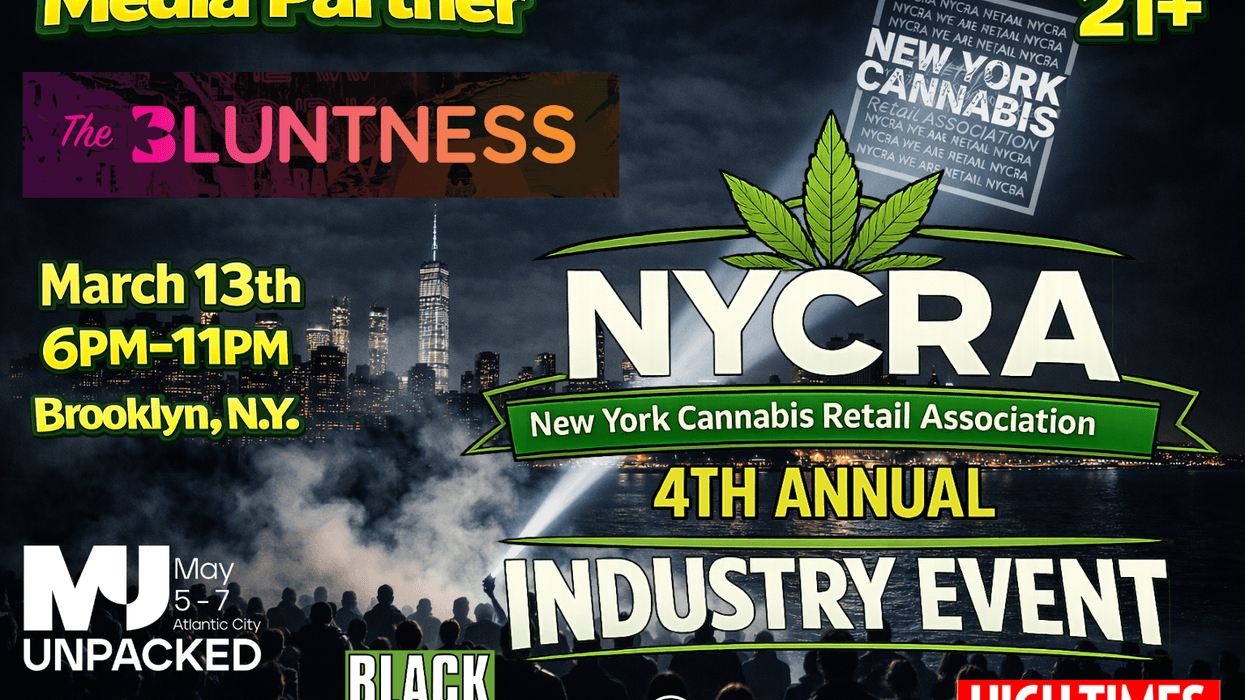




 Who's Funding the Legal Cannabis Pushback? - The Bluntness Photo by
Who's Funding the Legal Cannabis Pushback? - The Bluntness Photo by 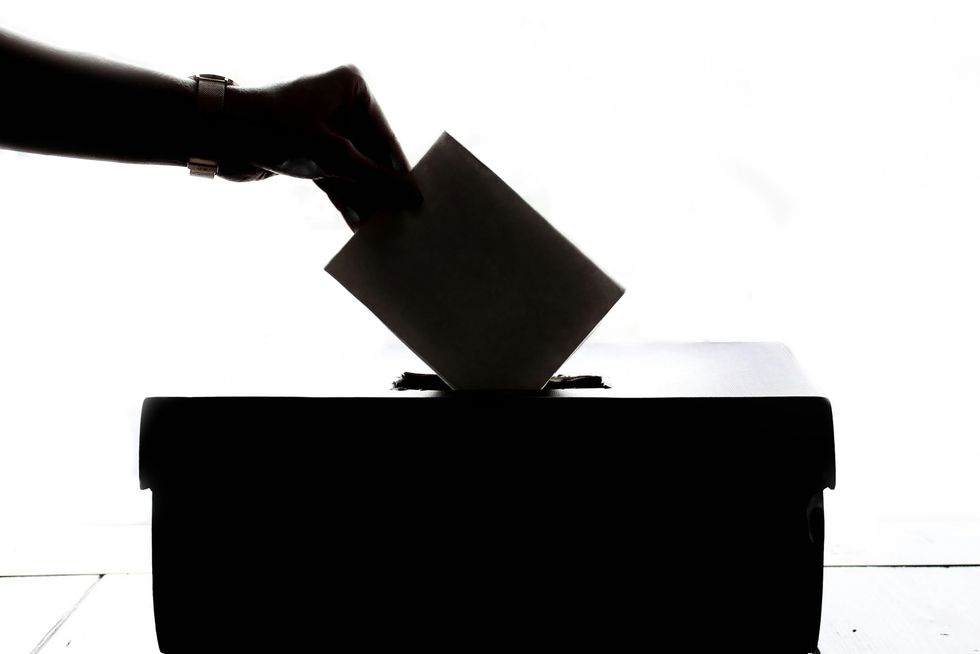 Getting involved is the best way to push back against cannabis rollbacks - The Bluntness Photo by
Getting involved is the best way to push back against cannabis rollbacks - The Bluntness Photo by 



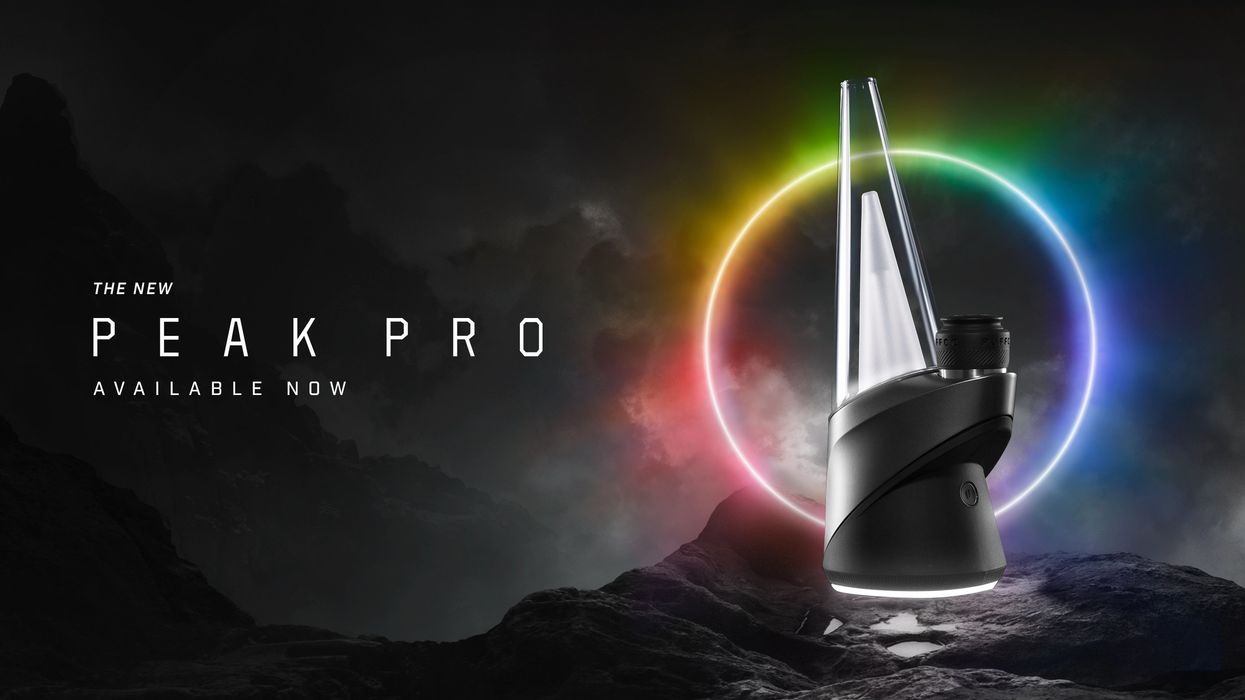
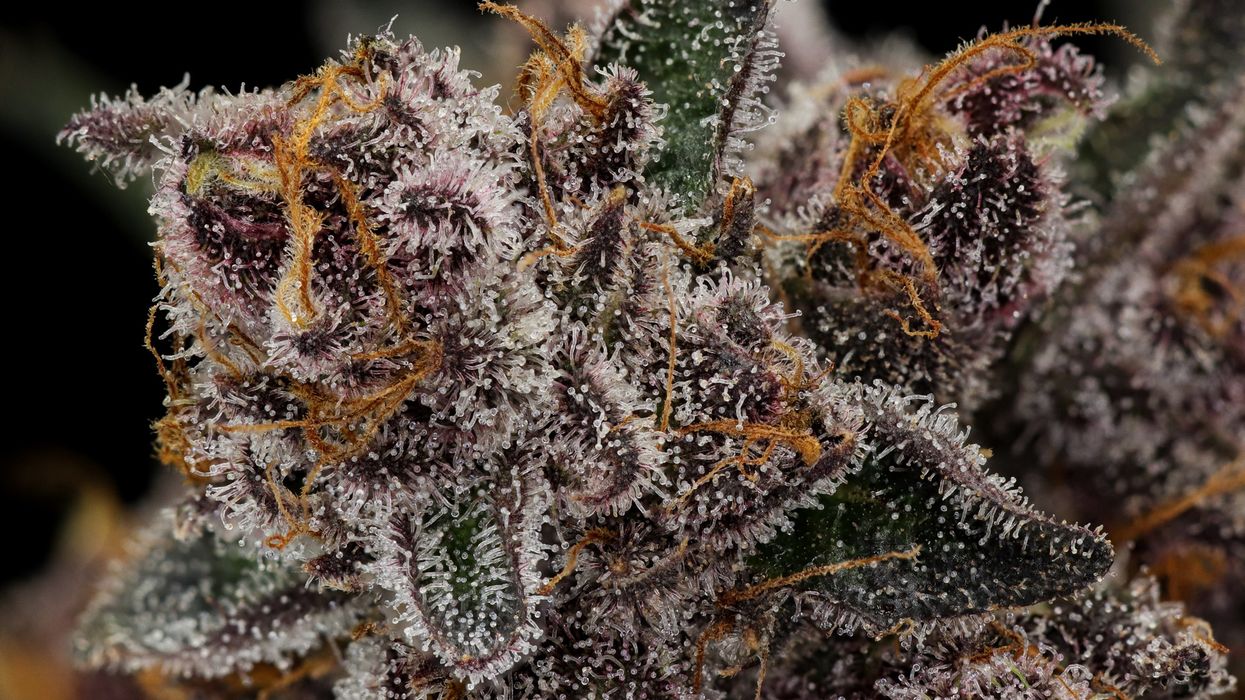

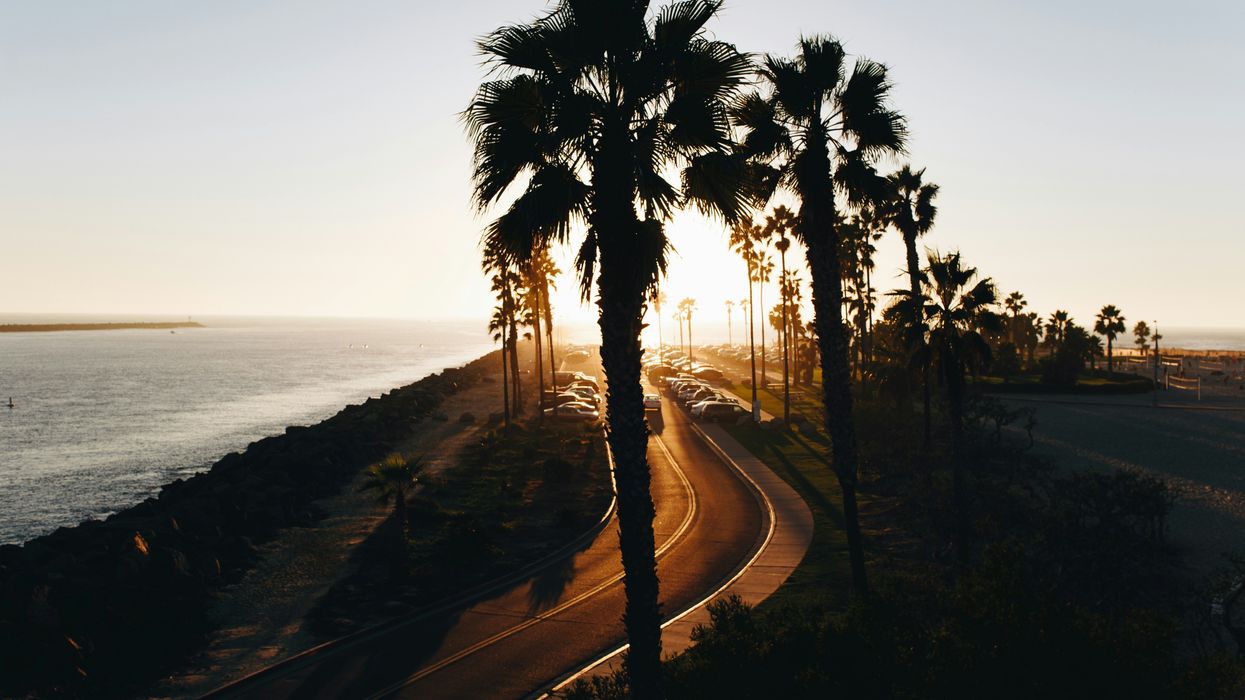
 The Dominoes Are Falling Nationwide as Federal Prohibition Ends
The Dominoes Are Falling Nationwide as Federal Prohibition Ends
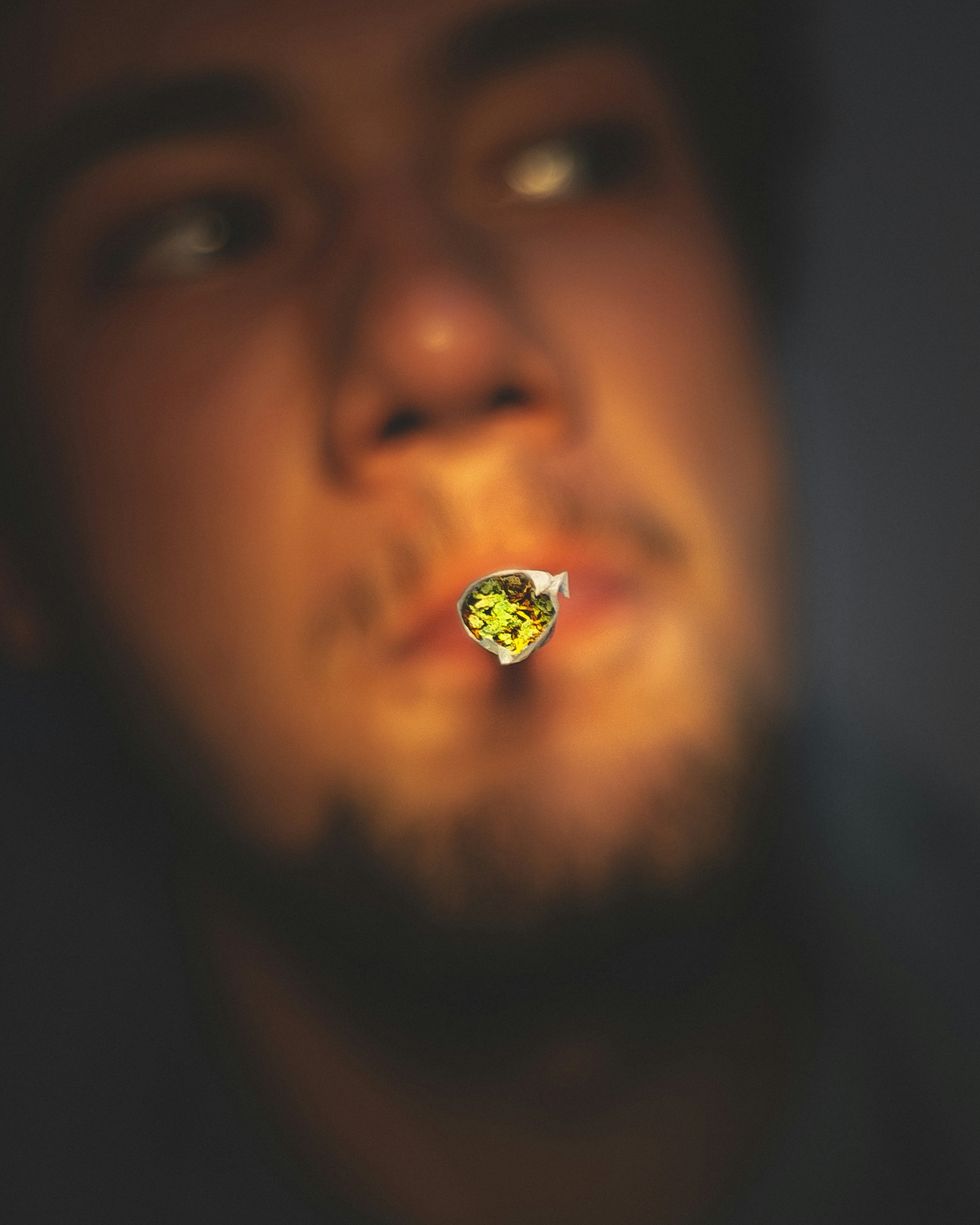 High-THC Weed Explored - The Bluntness Photo by
High-THC Weed Explored - The Bluntness Photo by 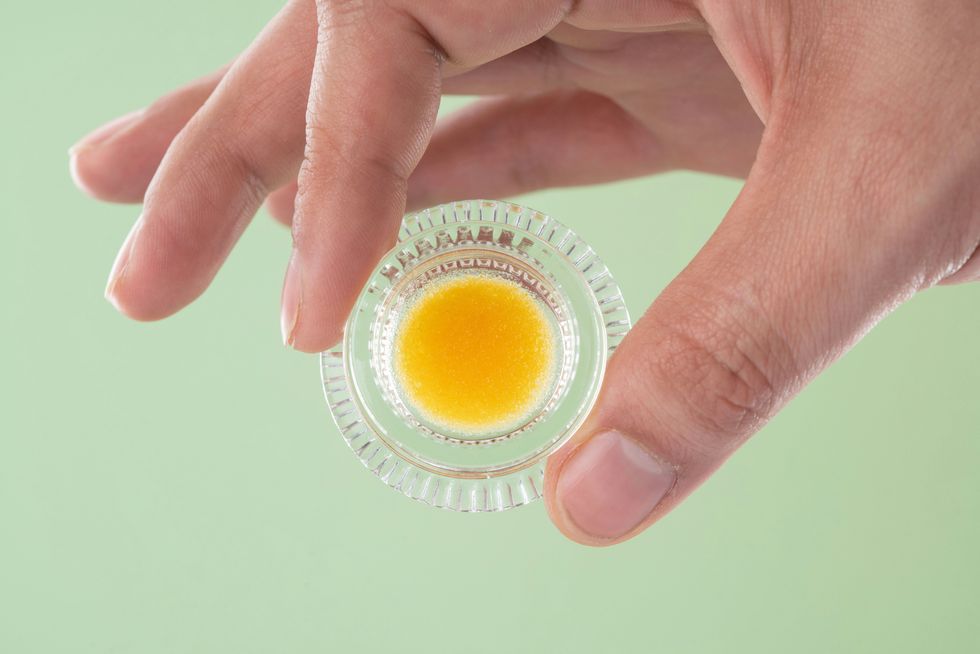 High-THC Weed Explored - The Bluntness Photo by
High-THC Weed Explored - The Bluntness Photo by  High-THC Weed Explored - The Bluntness Photo by Maria Fernanda Pissioli on Unsplash
High-THC Weed Explored - The Bluntness Photo by Maria Fernanda Pissioli on Unsplash 